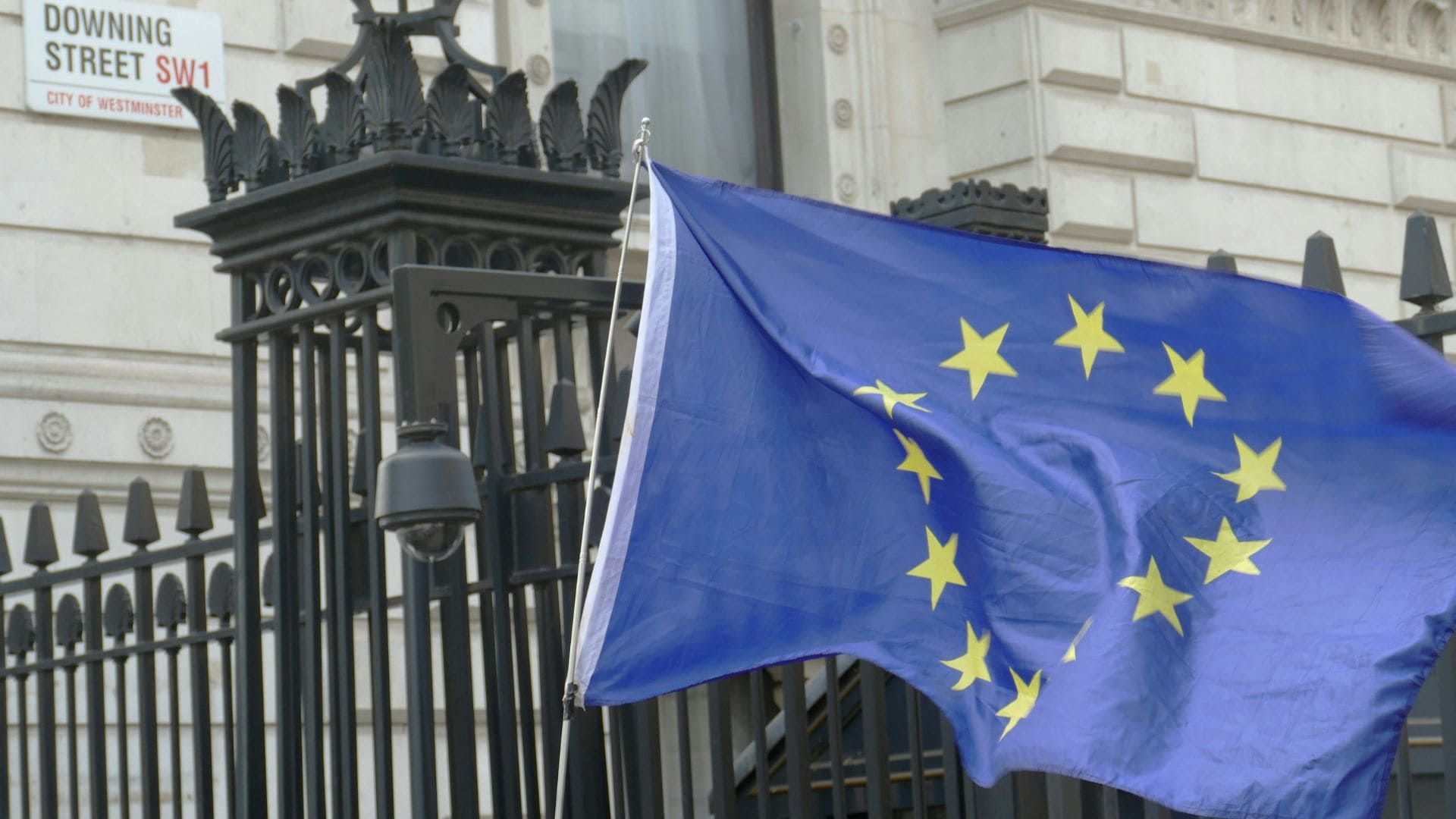Articles
SKY Trade Marks applied for to use purely as “Legal Weapon” are held to be invalid
April 2020
In January 2020 the CJEU handed down its eagerly anticipated Judgment in SkyKick – finding that a trade mark application made without any intention to use the trade mark in relation to the goods and services in the specification does constitute bad faith.
Applying this CJEU decision (Case C-371/18) and test for bad faith, Lord Justice Arnold has held that the Sky Group applied for the trade marks in issue in the SkyKick proceedings partly in bad faith in three ways.
In his Judgment (Sky Plc & Ors v Skykick UK Ltd & Anor [2020] EWHC 990 (Ch) (29 April 2020*), not only did Sky Group not intend to use the Trade Marks in relation to some goods and services covered by the specifications at the application dates but that there was no foreseeable prospect that they would ever intend to use them in relation to such goods and services. Moreover, the Sky Group made the applications pursuant to a deliberate strategy of seeking very broad protection of the trade marks regardless of whether it was commercially justified. The Sky Group thus applied for the trade marks with the intention of obtaining an exclusive right for purposes other than those falling within the functions of a trade mark. Namely, purely as a legal weapon against third parties, whether in threats of infringement claims or actual infringement claims or oppositions to third party applications for registration. Furthermore, in respect of the UK604 mark, Sky Group made a partly false s.32(3) declaration in order to obtain such protection. Arnold LJ held that this was plainly inconsistent with honest practices in industrial and commercial matters and thus strengthened his conclusion that, to that extent the application was made in bad faith.
The effect of the finding was that the Trade Marks were partially invalid and Arnold LJ considered how to amend the relevant parts of the specification, particularly in light of the fact that the Sky Group maintained that the specifications should not be amended at all and did not propose a more limited specification. The Judge sought to devise a specification that reflected the extent of the bad faith proved, but no more. Furthermore, as the pleaded allegations of infringement were far wider than those focused on at trial, Arnold LJ gave the Sky Group seven days from the date of the Judgment to formally withdraw the wider allegations of infringement or he would determine the validity of the specification of those parts of the Trade Marks.
As the Trade Marks were partially valid, the Judge went on to consider infringement, refusing a late application from SkyKick to amend its pleadings to allege bad faith in relation to “telecommunications services” and “electronic mail services”. The Sky Group’s strongest case on infringement was in relation to “electronic mail services” and the Judge found that SkyKick had infringed the Trade Marks in that respect at least.
This is the first Judgment applying the CJEU’s test for bad faith in the context of filing practices of trade mark owners. Brand owners with portfolios containing very broad specifications should consider whether this might be an issue for their trade marks, particularly if such marks are deployed routinely against third parties’ use and/or filings.
This article was prepared by HGF Partner Rachel Fetches. If you would like further advice on this or any other matter, please contact Rachel. Alternatively, you can contact your usual HGF representative or visit our Contact page to get in touch with your nearest HGF office.
































